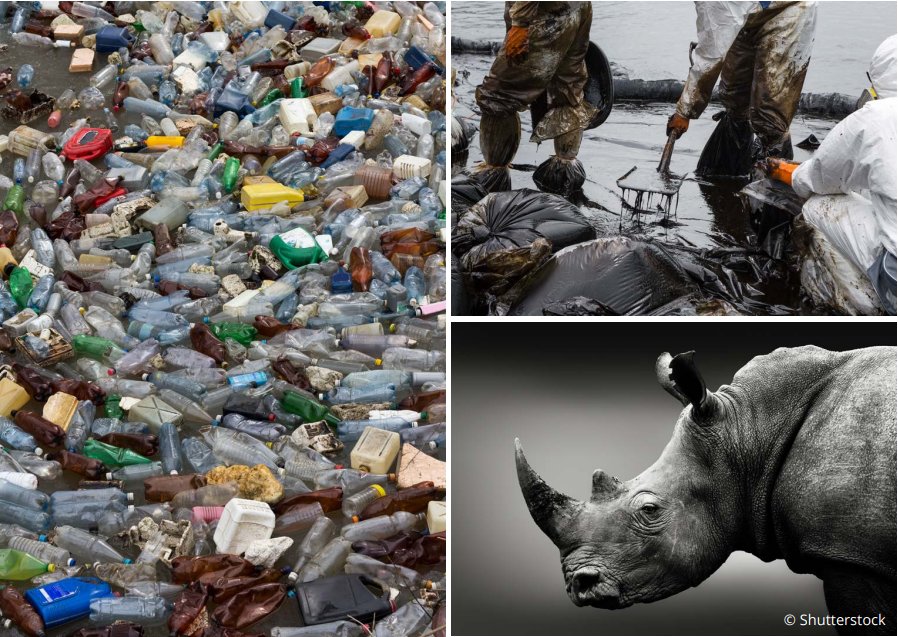Issued in January 2021, the Report on Eurojust’s Casework on Environmental Crime proposes solutions to improve judicial cooperation and increase the number of environmental crime cases coordinated at EU level. By virtue of its mandate, Eurojust is uniquely placed to develop institutional knowledge of recurring legal and practical challenges and solutions that can improve the effectiveness of international judicial cooperation on environmental crime cases.
Despite the EU legislation to regulate the legal trade of wildlife and waste and the complementary EU Action Plans, inspection, law enforcement and judicial authorities often lack the capacity and resources to effectively detect, investigate and prosecute environmental crime. Sanctions imposed are not dissuasive enough, and the exchange of information is insufficient, particularly between administrative authorities and law enforcement bodies within and across Member States. In response to these challenges, and in line with the EU Strategy to Tackle Organised Crime 2021-2025, the EU Environmental Crime Directive was reviewed in consultation with relevant experts, networks, businesses and agencies, including Eurojust. The proposal for a Directive on the protection of the environment through criminal law replacing Directive 2008/99/EC was published on 15 December 2021. Eurojust’s input was based on quantitative and qualitative analysis of the Agency’s experience in dealing with cross-border environmental crime cases, and on the recommendations set out in the Report on Eurojust’s Casework on Environmental Crime.

To reflect the prominence and rising threat of this crime type, and in support of the European Green Deal, the EU Justice and Home Affairs Agencies (JHA) Network, dedicated its 2021 work programme to environmental protection and digitalisation. In a series of events throughout the year, the agencies discussed the impact of climate change on migration and organised crime, reviewed EU and international efforts in fighting this crime area, and exchanged ideas about how to make their administrations carbon-neutral and more digitally efficient. These reflections were collected in the Joint Paper on the Fight Against Environmental Crime, published in November 2021 and presenting the JHA community’s key activities towards protecting the environment, and their commitment to work closely together in this key area in the years ahead.
To conclude the Network’s activities dedicated to environmental crime in 2021, the heads of the nine JHA agencies signed a Joint Statement on the EU Green Deal, reaffirming their commitment to contribute to a safer and cleaner environment by undertaking operational and administrative activities, within the limits of their respective mandates. In particular, they pledged to continue fighting environmental crimes (such as marine pollution and wildlife trafficking) and crimes that negatively affect the environment (such as drug production), especially within the framework of EMPACT.
Joint statement by the heads of JHA agencies on the EU Green Deal
Published: November 2021
Read statementIn 2021, Eurojust contributed more than ever before to training seminars and webinars on combatting environmental crime, targeting judicial practitioners from the European Union and beyond, focusing on cross-border judicial cooperation in environmental crime cases.
Another way in which Eurojust contributed to the environmental crime field in 2021 was through its active participation in the Environmental Compliance and Governance Forum, established by the European Commission. Based on its experience in facilitating cross-border coordination and cooperation in environmental crime investigations and prosecutions, Eurojust provided input to the guidance on combatting environmental crime and related infringements, produced under Action 4 of the Commission’s Action Plan on Environmental Compliance and Governance.
